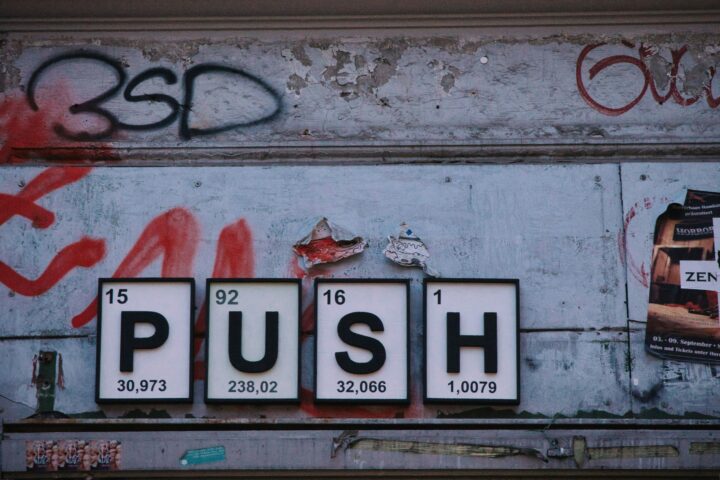I realize I’m often behind on the news, and this story is a couple of weeks old, but singer CeeLo Green’s offensive comments about rape recently came to my attention. Green’s song “Forget You” (also known by another name) happens to be one of my favorites. It’s a silly, catchy, just-for-fun song, and every time it comes on the radio, I crank it up. It used to make me happy. But will it still now that every time I hear it, I will remember Green’s remarks and his attitudes toward women? Must I now condemn the art along with the artist?
This is not the first time I’ve been disgusted by an artist’s off-stage behavior or shocked by the sorry excuses they throw out to the public to justify their actions. Being a fair-minded person, I try to remember that there is more than one side to every story, so in the beginning, I try to give the artist the benefit of the doubt. But in this case, whether Green actually committed a legal crime or not, his words were a crime in and of themselves.
So now one of my favorite songs will forever be tainted, but to dismiss it altogether doesn’t seem entirely fair. After all, a hit record is a collaborative effort. To dismiss the song is to dismiss the work of the co-writers, the producer, even the musicians who played on the track. When an artist is dropped from a concert line-up, as Green was, it affects not only him, but his band, his back-up singers, his road crew. No one ever thinks about all the collateral damage caused by an artist’s poor choices.
What bothers me most (aside from his words themselves) is that I will no longer be able to fondly recall rocking out to this song in the car with my kids or dancing to it in the living room without having a bad taste in my mouth.
Even if I’d like to separate the art from the artist, I’m not sure I can.


